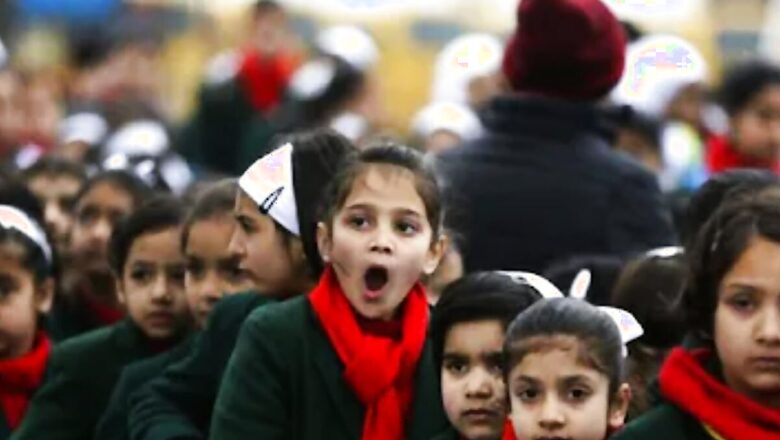
views
The heatwaves have subsided in North India, including Delhi, where it is currently cloudy and the rainy season has begun. However, there is one state still experiencing a heatwave. As a result, primary schools have had to close. This situation is unfolding in the Kashmir Valley, where the temperature reached a record high of 36 degrees Celsius on Sunday. Consequently, a two-day holiday was declared for schools in the valley on July 29 and 30. This order was issued by Kashmir Divisional Commissioner VK Bidhuri. Teachers, however, are required to remain present at the schools.
According to reports, the temperature in Srinagar soared to 36.2 degrees, the highest recorded in this decade. Earlier, schools in Kashmir were closed from July 8 to 17 for summer vacation and reopened on July 18. Due to the rising temperatures, parents were demanding an extension of the holiday by a week. Last Sunday, July 9, was the hottest day in July since 1999. In 1999, the mercury had reached 37 degrees Celsius. The hottest July day in Srinagar was recorded on July 10, 1946, when the mercury had reached 38.3 degrees Celsius.
The Meteorological Department has predicted that rain will occur in different parts of the Kashmir Valley over the next 24 hours. This rainfall is expected to help reduce the current high temperatures. In addition, Srinagar has recorded the season’s highest minimum temperature of 24.6 degrees Celsius during the night between Saturday and Sunday. This temperature is notable because it represents the warmest minimum temperature of the season so far, highlighting the unusual heatwave conditions currently affecting the region. As the rain is expected to bring some relief, it is hoped that temperatures will decrease, which could alleviate the heatwave’s impact on daily life and reduce the strain on the region’s infrastructure and residents.


















Comments
0 comment